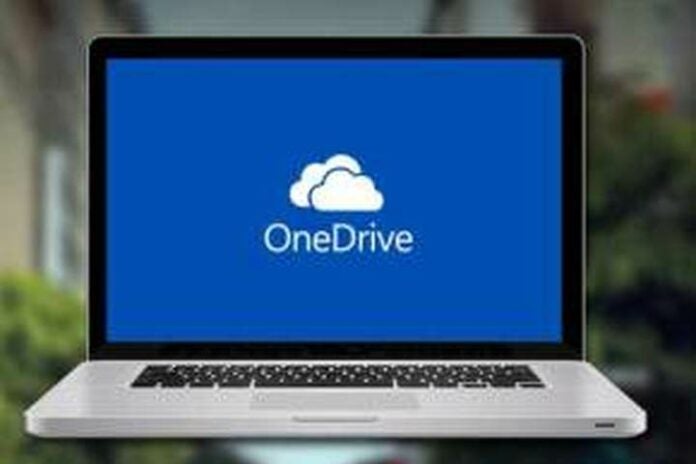Windows Insiders can now take OneDrive Files On-Demand, a storage-sparing feature in the upcoming Windows 10 Fall Creators Update, for a spin. According to Microsoft, it is the top-requested feature at the company’s OneDrive on UserVoice feedback hub.
OneDrive Files On-Demand makes it possible to access files uploaded to Microsoft’s cloud storage service without keeping local copies, a boon for owners of ultralight Windows notebooks with limited hard drive space. Previously, users were required to keep a copy of each file on both the OneDrive cloud and their PCs, which eats into a device’s available storage.
This fall, Windows 10 users will have the option to skip their hard drives and keep their files on their OneDrive accounts. At the office, the feature will also work with SharePoint Online team sites. Cloud files still appear in File Explorer, Windows’ file manager, and otherwise look and act like their locally stored counterparts, but with a few differences.
Online-only files will be accompanied by a little cloud icon to denote their status. Opening an online-only file creates a locally available file on a user’s hard drive, denoted by an icon of a green checkmark on a white background. Finally, users who need uninterrupted access to important files can select the “Always keep on this device” option, creating always-available files indicated by an icon of a white checkmark on a green background.
Microsoft is currently rolling out updated OneDrive client software that supports Files On-Demand to members of the Windows Insider early-access program who are enrolled in the Fast ring and are running Windows 10 build 16215. Those who don’t want to wait can grab the update at this blog post.
The OneDrive Files On-Demand preview follows last week’s announcement that OneDrive will support the new Files app in iOS 11 when Apple’s mobile operating system arrives in the fall. The Files app will finally enable drag-and-drop file management on the iPhone and iPad, similar to Finder in macOS.
Microsoft isn’t the only company bulking up its cloud file storage and collaboration offerings.
Yesterday, Dropbox unveiled several new business-friendly improvements, including a redesigned admin console, a password strength estimator and a security-enhancing web session control. The company also rolled out a subdomain verification feature that helps larger organizations with multiple business units better organize and manage their Dropbox users.
“In response to customer requests, we’re introducing a feature that enables you to selectively fold existing accounts into the corporate domain,” wrote Rohan Vora, senior product manager at Dropbox, in a June 13 announcement. “This provides more granular control over which subdomains receive access to the company Dropbox account.”
Subdomain verification is available now in Dropbox Business Advanced, Enterprise and Education plans.
Last month, Amazon added a new wrinkle to the cloud storage wars by pulling the unlimited storage option from its Amazon Drive service. Microsoft made a similar move in 2015, saying the company was forced to stop offering unlimited OneDrive storage after some overzealous users were flooding the service with movie collections and backups of multiple PCs, some with accounts exceeding 75TB worth of data.
